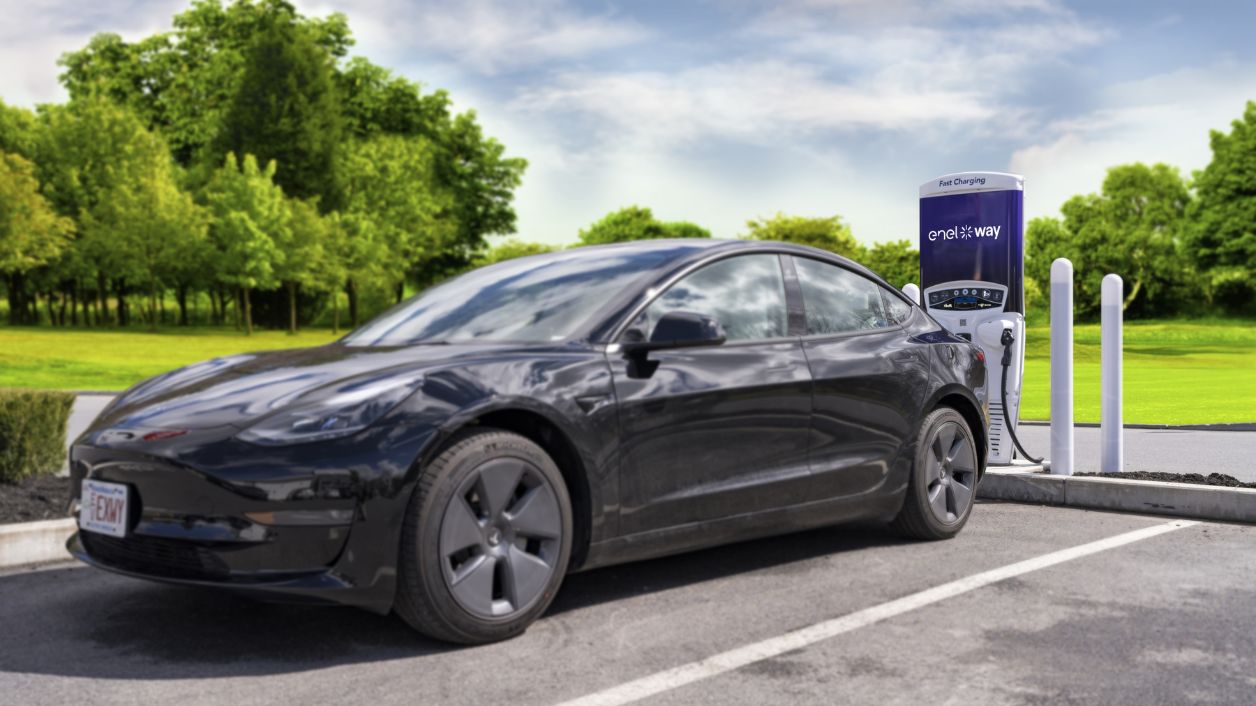Let's say there is a 1 Gigawatt power plant that somehow manages to be online 24/7
Do I multiply by 365 days and by 24 hours to get 8,760 Gigawatt hours?
If so do I then multiply by 1,000 and then 1,000 again to get 8,760,000,000 Kilowatt hours? (I'm Canadian hence KM)
A Tesla model 3 consumes 14.9 Kilowatt hours per 100 KM. An average driver drives 17,000 KM per year so in a year
we need 17,000 KM x 14.9 Kwh / 100km = 2,533 Kwh per year
So if I have that 1 Gigawatt plant I can support 8,760,000,000 / 2,533 = 3,458,350 Tesla model 3s
There are 276,000,000 licensed cars in the US in 2019.
If we are going fully electric in the US we need 276,000,000 / 3,458,350 = 80 1 gigawatt power plants
Does this make sense?
Do I multiply by 365 days and by 24 hours to get 8,760 Gigawatt hours?
If so do I then multiply by 1,000 and then 1,000 again to get 8,760,000,000 Kilowatt hours? (I'm Canadian hence KM)
A Tesla model 3 consumes 14.9 Kilowatt hours per 100 KM. An average driver drives 17,000 KM per year so in a year
we need 17,000 KM x 14.9 Kwh / 100km = 2,533 Kwh per year
So if I have that 1 Gigawatt plant I can support 8,760,000,000 / 2,533 = 3,458,350 Tesla model 3s
There are 276,000,000 licensed cars in the US in 2019.
If we are going fully electric in the US we need 276,000,000 / 3,458,350 = 80 1 gigawatt power plants
Does this make sense?


